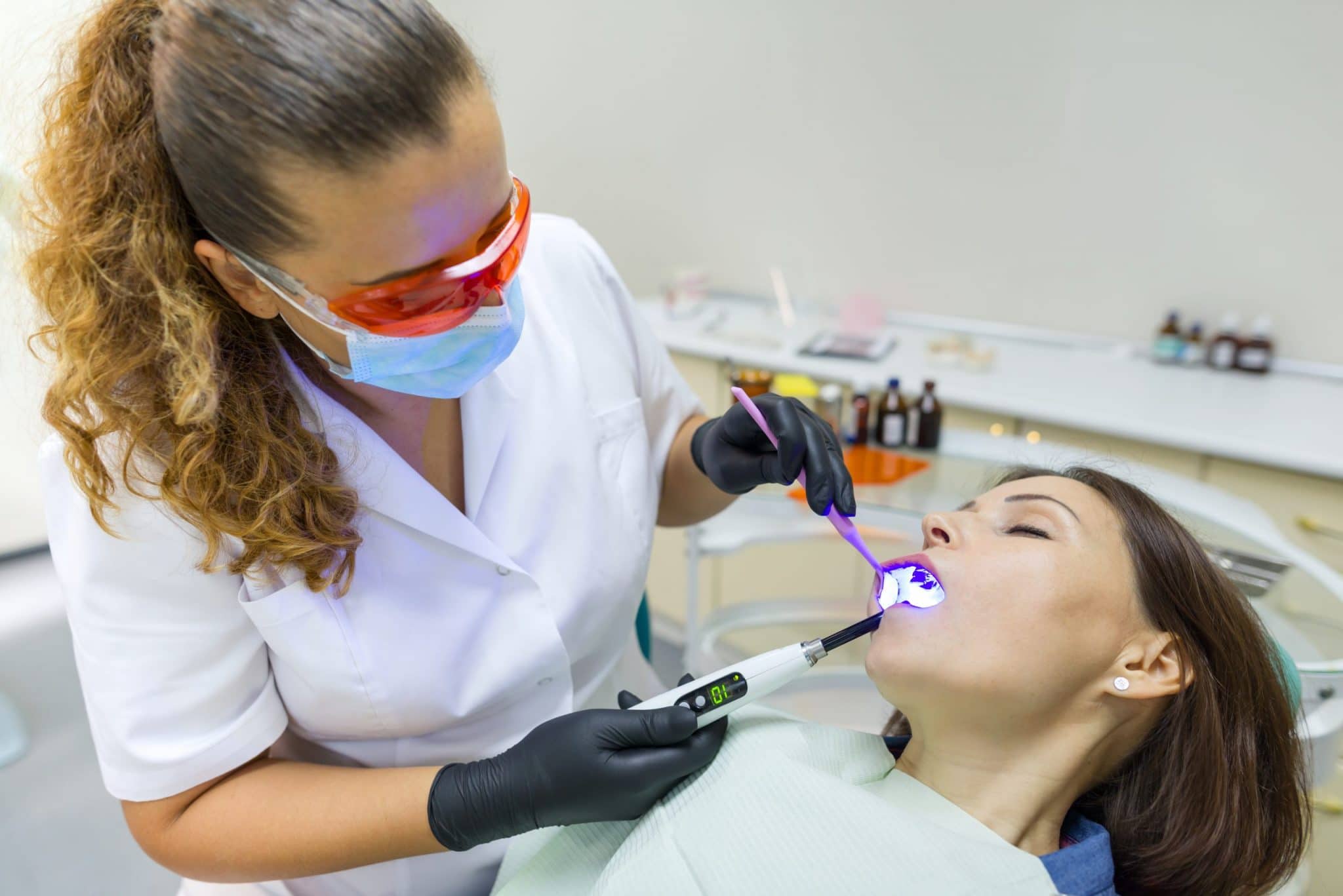What is Sedation Dentistry?
In layman’s terms, sedation means to put someone in a relaxed state or to calm him or her down by using medication. Sedatives or drugs are used to numb the pain and keep you relaxed while sitting in the dentist’s chair. It is sometimes referred to as sleep dentistry which in some cases are true. This is because when someone is put under general anesthesia, they literally go to sleep and will most likely not remember anything after.



